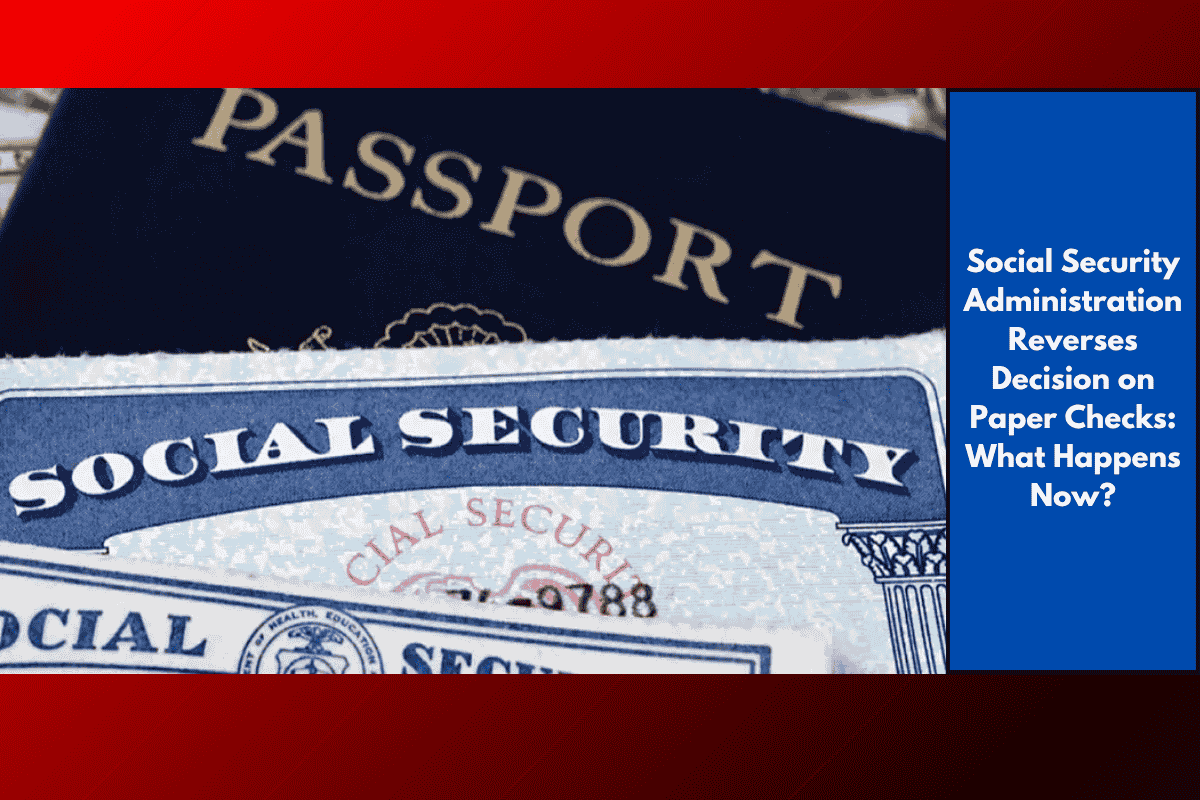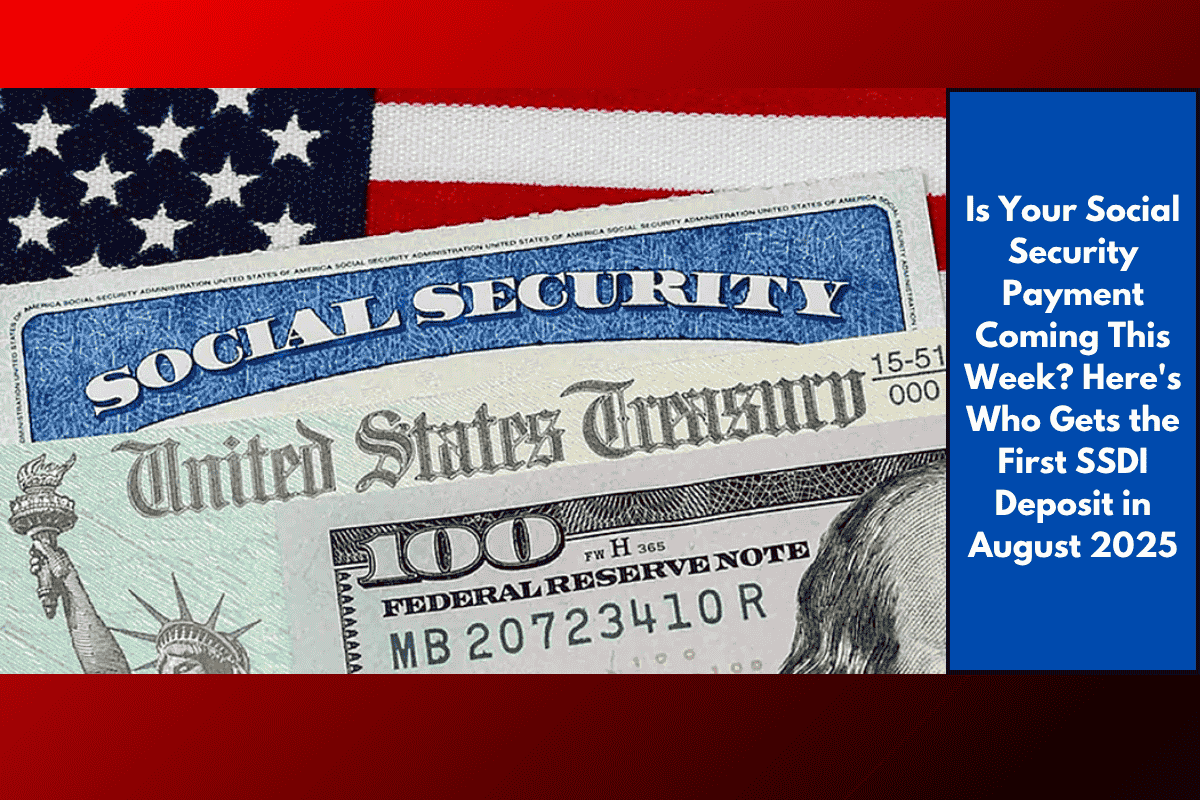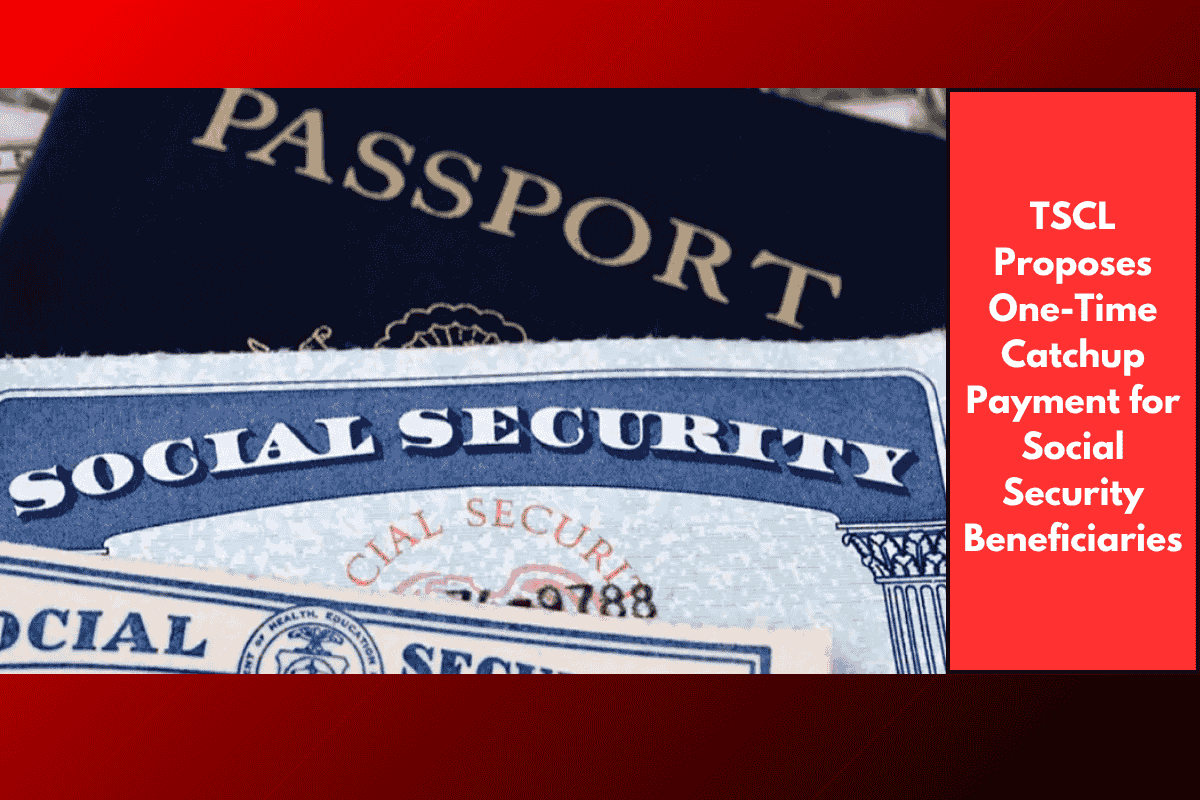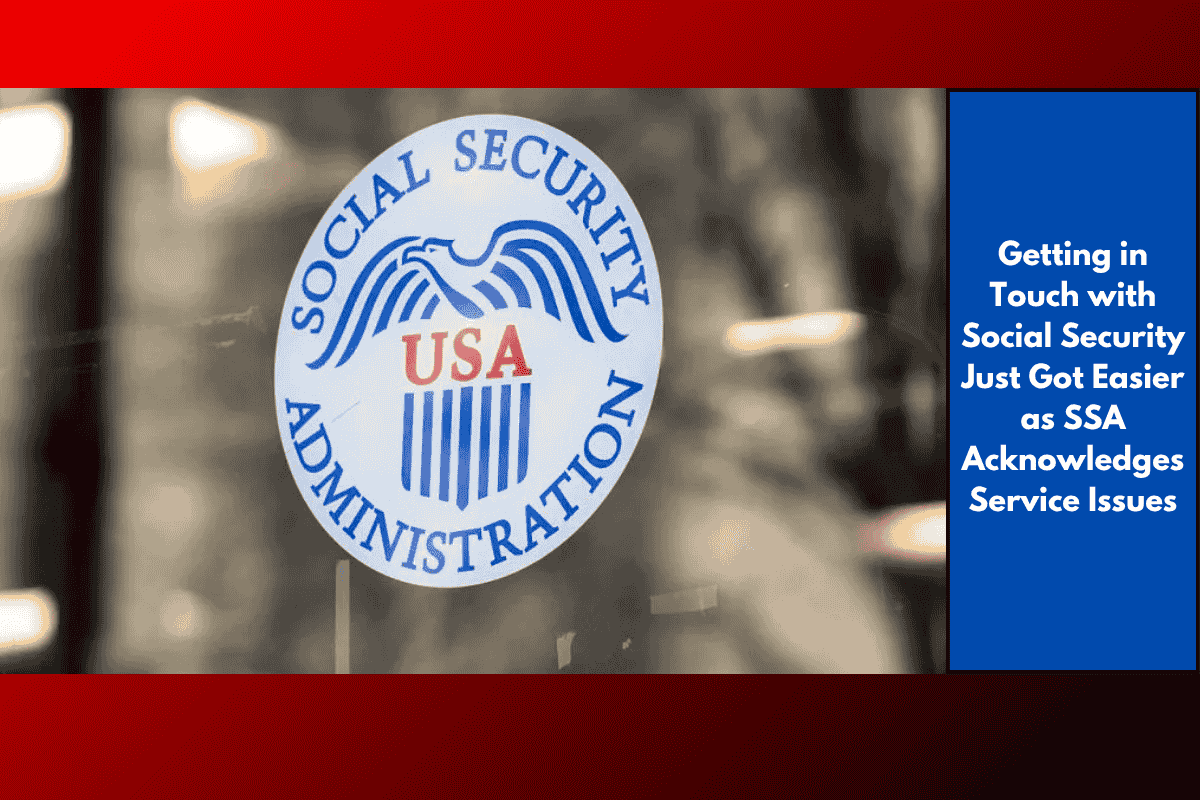In a surprising turn of events, the Social Security Administration (SSA) has announced that it will not go ahead with its plan to eliminate paper checks for beneficiaries by September 30. This policy change comes after mounting pressure from lawmakers and advocacy groups who argued that ending paper checks would harm vulnerable Americans, particularly the elderly and those without access to traditional banking services.
Why Did the SSA Consider Ending Paper Checks?
The SSA had originally planned to phase out paper checks in favor of electronic payments, citing reasons such as faster delivery, increased security, and cost savings. It cost the SSA 50 cents per paper check, compared to just 15 cents for electronic transfers. The agency argued that the shift would improve efficiency and reduce administrative costs.
However, the proposal was met with significant pushback from lawmakers, including Senator Elizabeth Warren, who expressed concern about how this change would affect certain groups. In particular, critics pointed out that while less than 1% of Social Security beneficiaries rely on paper checks, this still represents a significant number—about 520,000 individuals.
The SSA’s Reversal: What Changed?
Senator Warren revealed that Social Security Commissioner Frank Bisignano made a clear commitment to continue offering paper checks to those who need them, despite the earlier plan to discontinue them. Bisignano assured that no one would be left behind, and those who relied on paper checks would continue to receive them.
Warren shared this update with reporters after a meeting with Bisignano, stating that she had secured key commitments, including the continuation of paper checks and more transparency from the SSA.
The Importance of Paper Checks for Vulnerable Populations
The reversal highlights a critical issue—the digital divide. Many vulnerable Americans, especially the elderly and those who are unbanked or underbanked, face significant challenges with electronic payments. According to data from Bankrate and AARP, millions of Americans lack access to traditional financial institutions. Nearly 20% of households headed by someone over age 65 are considered unbanked or underbanked. These individuals often rely on non-bank financial services like check-cashing outlets, or digital platforms such as PayPal or Venmo.
For these groups, receiving payments electronically can be a challenge due to technological barriers, lack of internet access, or unfamiliarity with digital financial tools. Advocates argued that eliminating paper checks could severely disrupt the financial lifelines for many people who are already struggling.
A Broader Examination of SSA’s Practices
During the meeting, Senator Warren also raised concerns about the SSA’s performance data, which had been criticized for lacking transparency. Under Commissioner Bisignano, the SSA had removed key service metrics, such as call wait times, from its website. Warren’s office had conducted its own investigation, finding the remaining data to be inaccurate or misleading.
In response, Bisignano agreed to conduct an independent audit of the SSA’s performance, particularly focusing on how it collects and reports data. This audit will be led by the SSA’s inspector general and will include critical metrics such as dropped calls, misrouted transfers, and how many cases are resolved over the phone.
Service Improvements and Workforce Concerns
Aside from the paper check issue, Warren also raised concerns about recent workforce reductions at the SSA, which could potentially impact customer service. Bisignano pointed to improvements, including a reduction in the average phone wait time from 30 minutes in 2024 to 18 minutes in 2025, as well as a 25% decrease in the backlog of disability claims. However, these improvements have not completely alleviated concerns about service levels.
What’s Next for SSA?
The reversal on paper checks represents a significant policy shift, but it also reflects ongoing tensions around the future of Social Security services. The SSA has agreed to maintain paper checks for those who need them, but the situation remains fluid, with continued scrutiny on the agency’s performance and its ability to serve vulnerable populations effectively.
Moving forward, beneficiaries who rely on paper checks can rest assured that their payments will continue as they have in the past. However, the situation has also brought attention to broader issues of access, transparency, and service delivery within the SSA, which will likely remain a point of focus in the months ahead.














